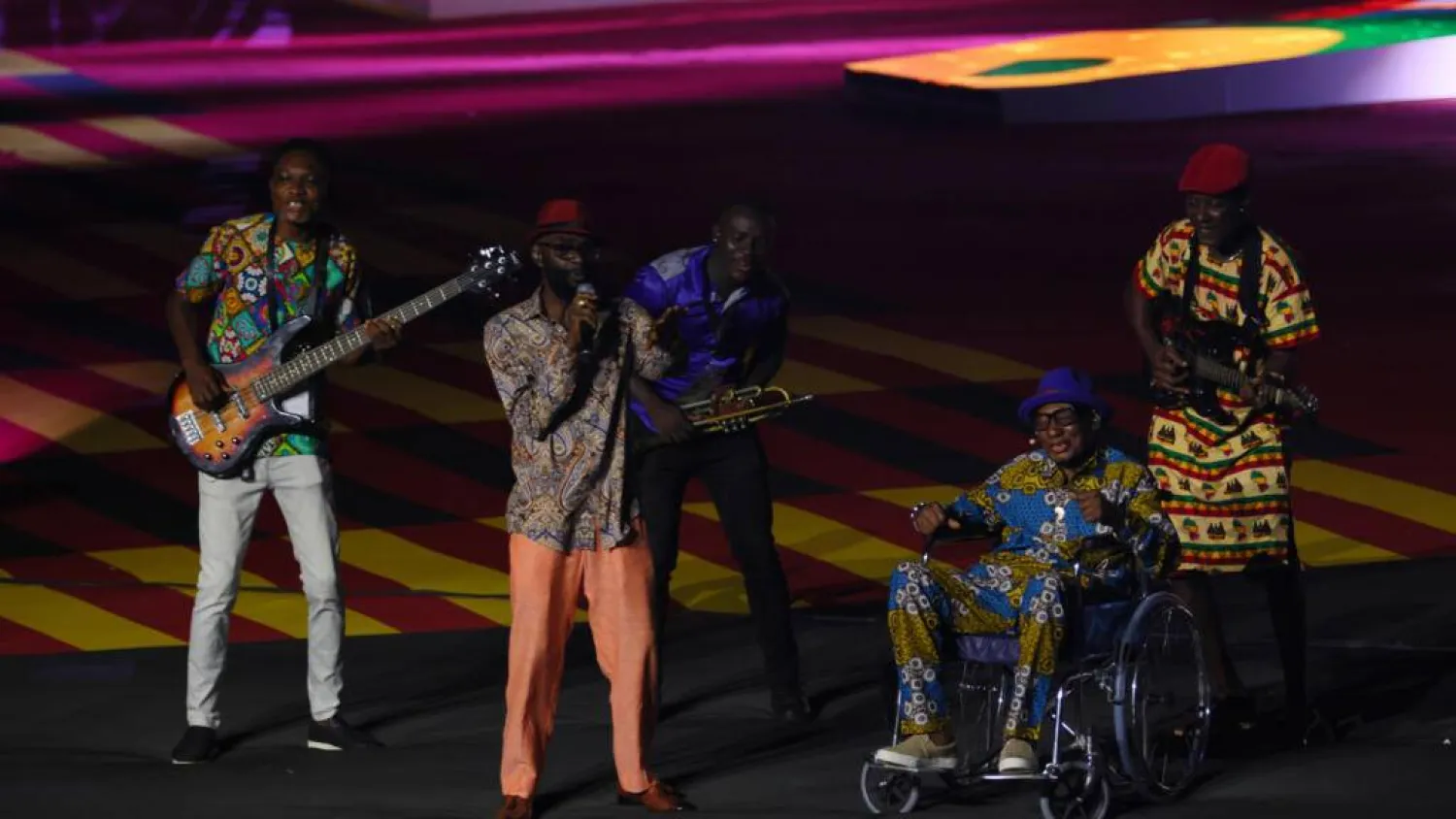Although Egypt has produced numerous small and big screen adaptations of the Arab-Israeli conflict, especially the October War, Egyptian filmmakers believe that these works are relatively scarce given the significance of the conflict and the sacrifices it witnessed.
Among the most famous works that covered the war are “The Bullet Is Still in My Pocket”, starring Mohamoud Yassine and Hussein Fahmi; “Boudour”, starring Najlaa Fathi and Mahmoud Yassine; “Song on the Lane”, starring Salah Al-Saadani; “Road to Eilat”, starring Izzat al-Alayli and Nabil al- Halafawi; “48 Hours in Israel”, starring Nadia al-Jundi; and recently “The Passage”, starring Ahmed Ezz and Eyad Nassar.
Critic Majida Khairullah told Asharq Al-Awsat she favors “The Bullet Is Still in My Pocket” movie because it explores the war and its psychological and social impact on the Egyptian community.
She also highlighted “Until the End of Life”, starring Mahmoud Abdulaziz and Najwa Ibrahim, which covers a great humanitarian side far from the battle’s scenes.
Egyptian critic Andrew Mohsen told Asharq Al-Awsat that “every year, we see productions about the Second World War, highlighting different sides and with new stars.”
“The production challenges that used to face producers willing to make a film about the war, like the high cost, are no more. The equation today has changed, there are no production-related hurdles, but a lack of scripts. I believe this is the real obstacle,” he added.
According to critics, Egypt has produced many series that presented the war in a captivating way, including “The Fox”, starring Nour El-Sherif; “Raafat Al-Haggan”, starring Mahmoud Abdulaziz; “Falling in Sabe' Well”, starring Isaad Younes and Said Saleh; “Tears in Bold Eyes”, starring Adel Imam; and “Agent 1,001”, starring Mustapha Shaaban.
Israel has also produced many works about the October War and the social and mental impact of its defeat. It has produced 12 works including “Judgement Day”, starring George Ovadia; “Big Eyes” starring and directed by Ori Zahir; and “Closure Hour” by director Yaron Zilberma, which was shown on HBO in October 2020.
According to Egyptian experts, Israeli series showed the October War in a shameful way and many works focused on its negative mental repercussions.
The role of Egyptian Ashraf Marwan in the war has always been a source of dispute between Egypt and Israel.
While Israel sees him as an “angel that saved them”, Egypt assures that he was a patriotic man who served his country during the conflict, especially during the war.
The movie “Angel”, which adopted the Israeli view and was shown two years ago on Netflix, stirred a huge debate between Egypt and Israel.
The role of Marwan was played by Tunisian-Dutch Marwan Kenzari, while Palestinian Maysaa Abdul Hadi played the role of his wife, Mona, daughter of late president Gamal Abdel Nasser (1956-1970). The movie was directed by Israel’s Ariel Vromen.









